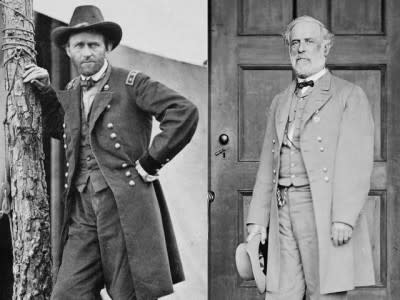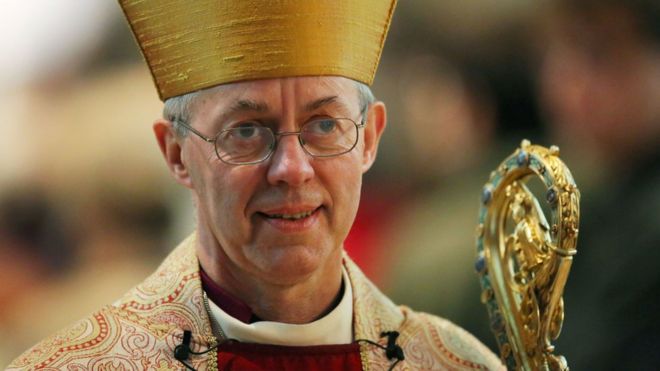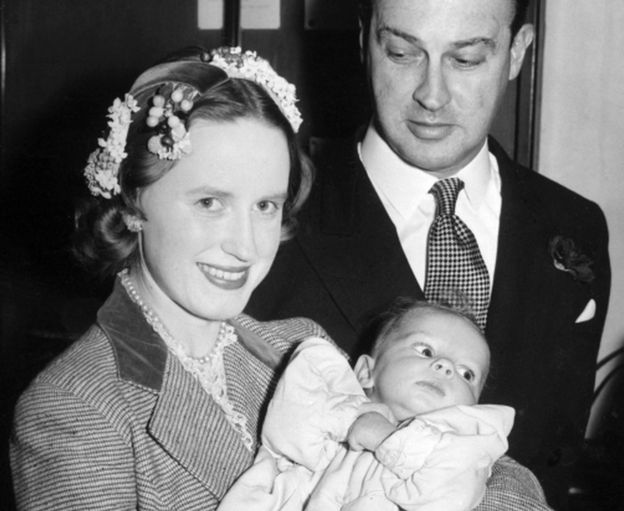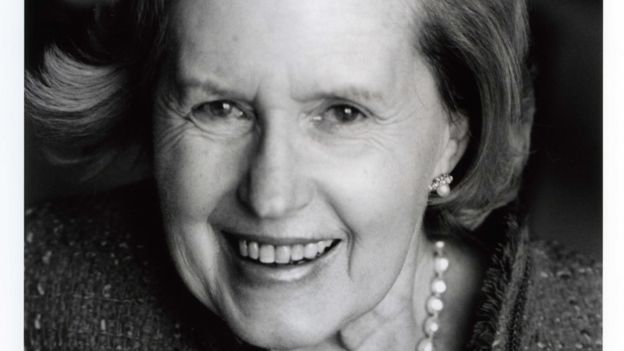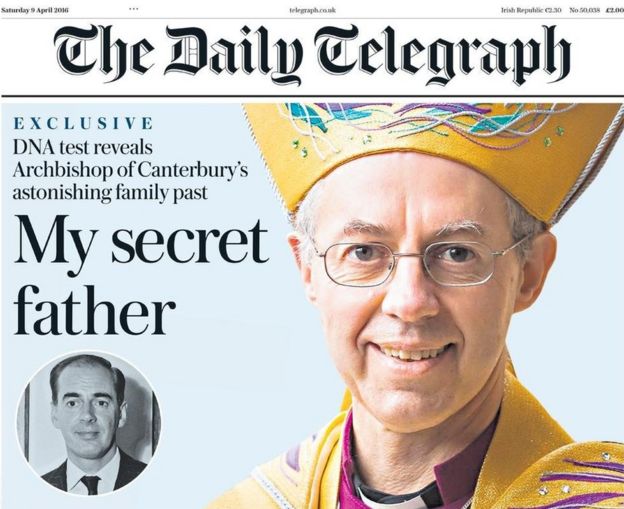Even though Shakespeare’s been dead for 400 years, people still love to gossip about him. Which means, of course, that they get a lot of stuff wrong.
Saturday marks the 400th anniversary of the death of William Shakespeare, one of the world’s most famous writers. And just as with other celebrities, there’s no end to the gossip. Here are some of the most common tabloidesque rumors about a man so popular that someone may have stolen his skull.
Rumor 1: Shakespeare’s Sonnets Were Written to a Man
There’s been much ado about whether Shakespeare’s sonnets were written to a woman or a man. According to Lena Orlin, an English professor atGeorgetown University and executive director of the Shakespeare Association of America, “they were written to both.” But that doesn’t necessarily tell us anything about Shakespeare’s sexuality.
“Shakespeare’s great talent was to imagine his way into the lives of others and bring alive characters through words, and he did that in the sonnets as well as in the plays,” Orlin says. These sonnets weren’t love letters found hidden in a drawer—they were poems that he published. Though elements may have been drawn from his life, there’s no reason to assume that they were strictly autobiographical.
Rather, Orlin says that Shakespeare “depicts himself as a character in the sonnets; sometimes writing to a young man, sometimes writing to a woman.” And although there’s “been a lot of effort to identify who the man would have been, who the woman would have been, there’s no reason to think that it was anybody specific.”
So yes, Shakespeare could have loved (or lusted after) men or women other than his wife, Anne Hathaway—but the sonnets don’t prove that.
Speaking of his wife …
Rumor 2: Shakespeare Must Have Hated Anne Hathaway
“In the 19th century everybody basically decided that Shakespeare hated his wife,” Orlin says. The main reason was that “in his will, the only time he mentioned her was to give her the ‘second best bed,’ which people have thought was a real insult.
“In fact, it’s really common in the language of wills from the period that things are described as ‘best,’ ‘second best,’ or ‘worst,’” she says. “There was nothing derogatory about a ‘second best bed.’ It probably means that there was some kind of sentimental attachment.”
Those who claim that Shakespeare didn’t like his wife also point out that the bed is the only instance in which she was mentioned in the will. Again, Orlin says that this is misleading.
“In fact, she would have been protected by dower law to have received one-third of his property after he died,” she says. “So she was well taken care of, as he would have known.”
Rumor 3: Shakespeare Was Uneducated
The son of a glovemaker, Shakespeare attended a free school in Stratford upon Avon that was open to boys whose fathers had established themselves as tradesmen in the town. Although Shakespeare didn’t continue his education into his late teens, he still received “a classical education,” Orlin says.
“Even at grade school age, people were educated in Latin,” she says. “So it was actually a very rigorous literary education.”
Why do people say that Shakespeare didn’t go to school, when it’s clear that he did? Well, it all has to do with the largest piece of gossip about Shakespeare, the one that verges on conspiracy theory. People who say that the Bard was uneducated are usually trying to make a larger argument—that Shakespeare the man was too provincial to have written the works of Shakespeare.
That brings us to the grandfather of all Shakespeare myths …
Rumor 4: Shakespeare Didn’t Write His Plays
“There was no doubt at all about Shakespeare’s authorship until the 19th century, when an American woman name Delia Bacon decided to float another theory,” Orlin says. “She was in favor of the idea that Sir Francis Bacon had written the plays, presumably because she shared a surname with him.
“But it’s taken off since then,” she continues. “There are now more than 80 candidates who have been argued to have written Shakespeare, including Queen Elizabeth. I mean, anybody that you’ve heard of in the period has been put up as a possible candidate.”
Orlin—as well as Michael Witmore, director of the Folger Shakespeare Library—are adamant that it was not only plausible for a man of Shakespeare’s background to have written his plays and poetry, but that we have enough documentation to match him to his work. The Folger even has a Shakespeare Documented blog dedicated to making these records open to the public.
One of the reasons that people may doubt Shakespeare’s authenticity is the quality of his work—how could any person, regardless of background, write so much, so well?
“It’s hard to explain how anyone could have been so gifted, and I think it’s our fascination with not just his gift but the outsized afterlife he’s had,” Witmore says. “I mean, it’s 400 years after the man died, and he’s still selling out theaters.”
As a comparison, Witmore says to picture people listening to David Bowie in 2416.
“That is just hard to imagine for anybody,” he says. “It shows us just how astonishing that kind of cultural reach really is.”

